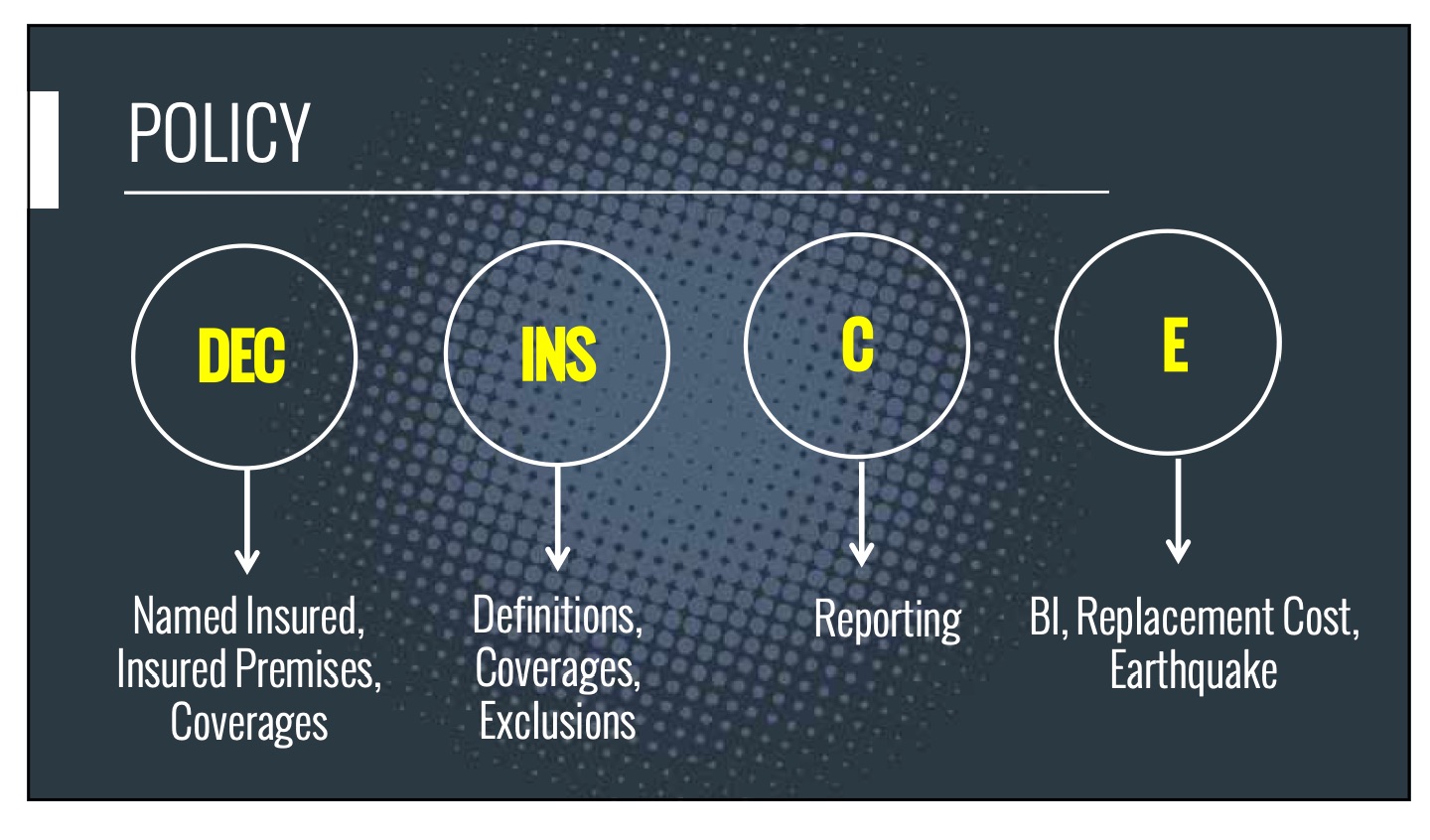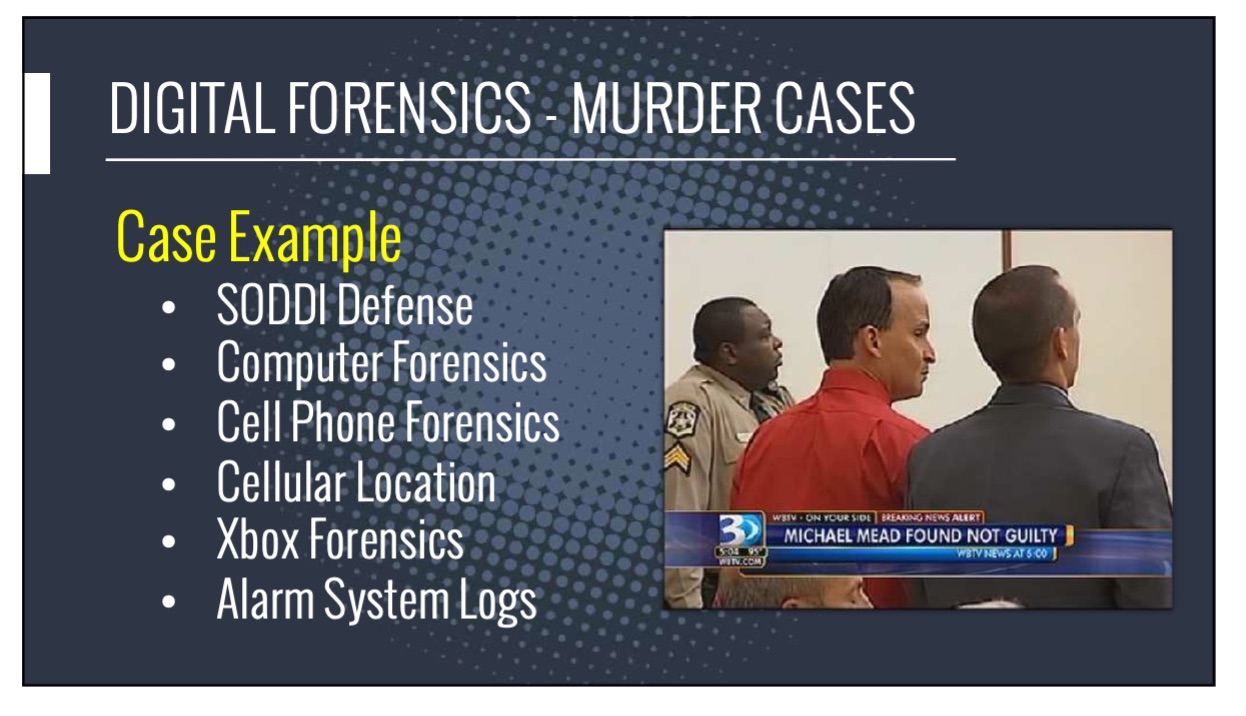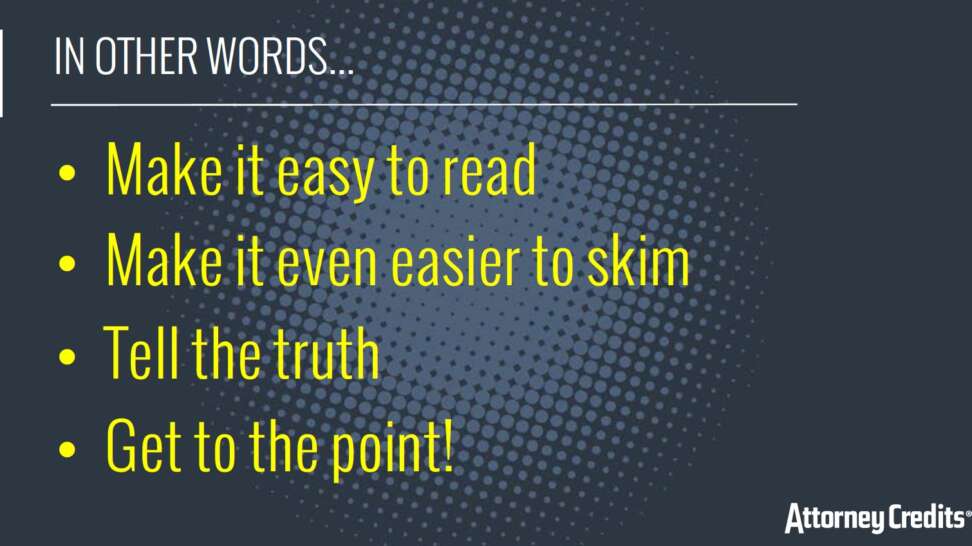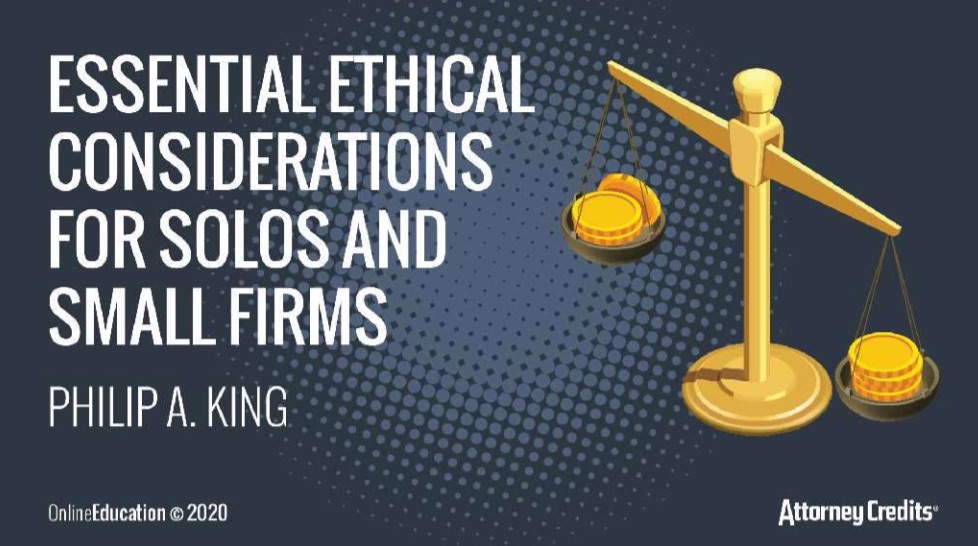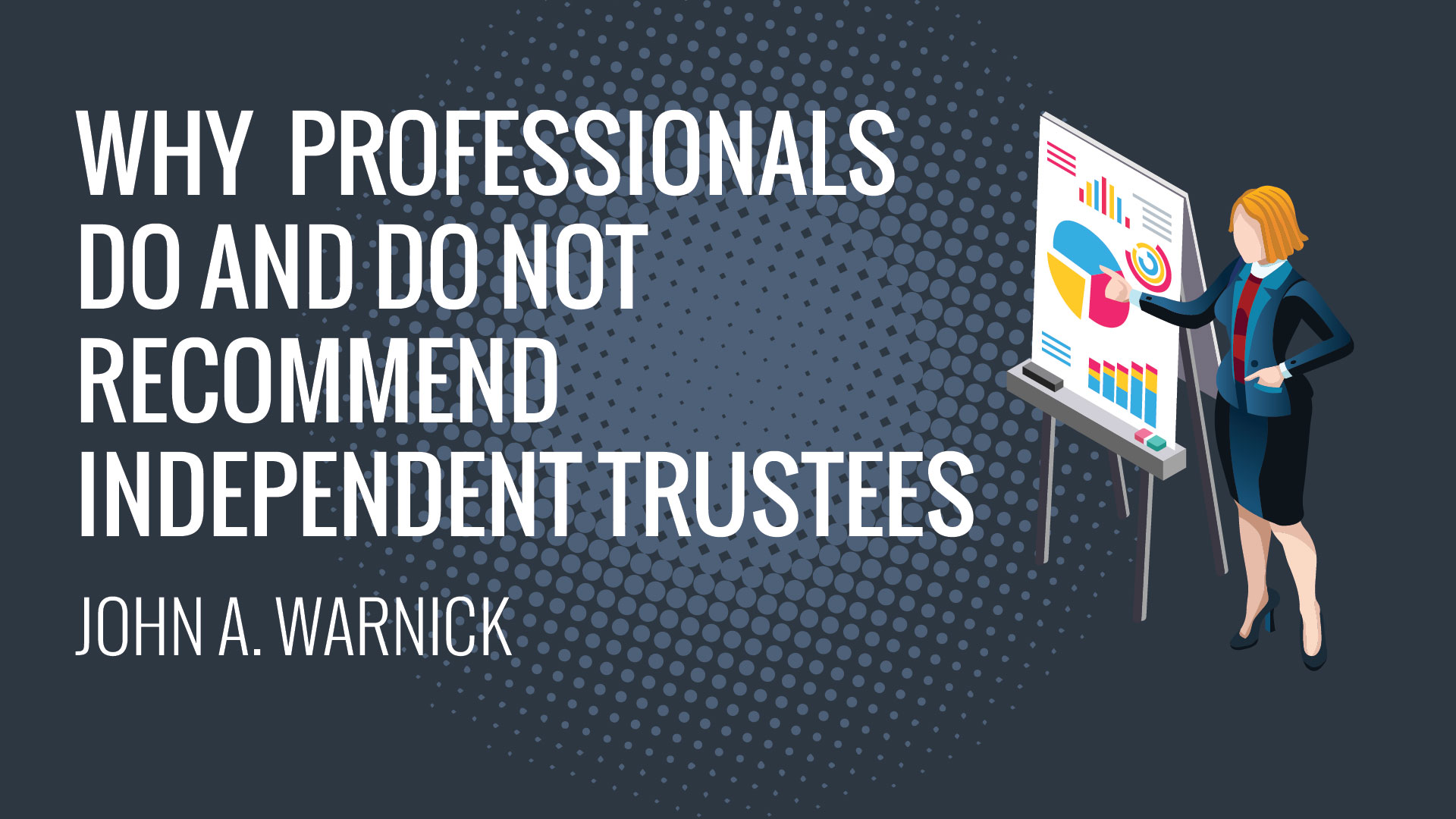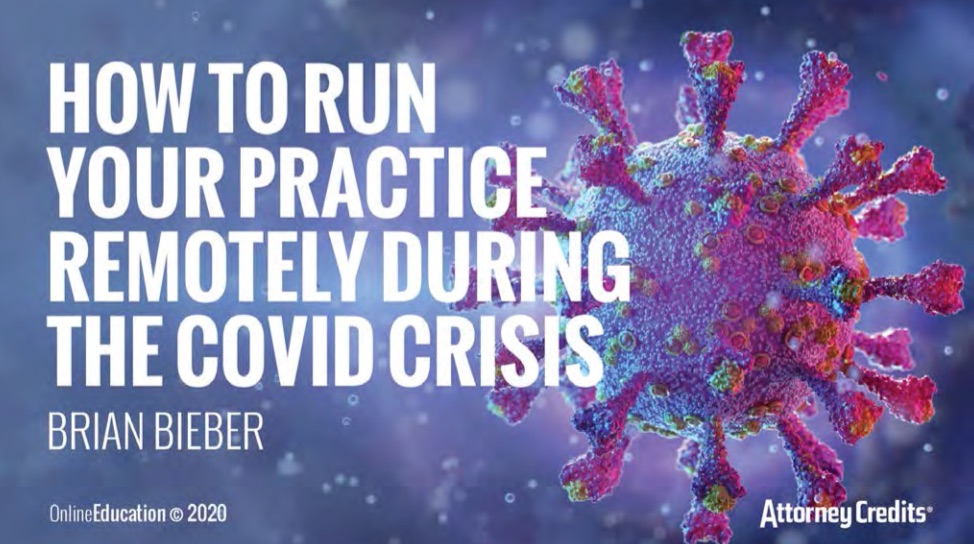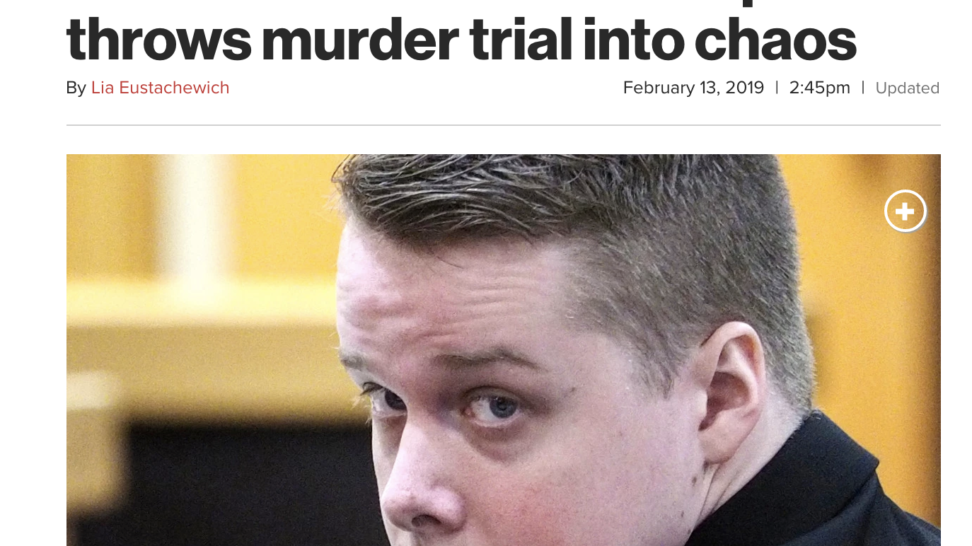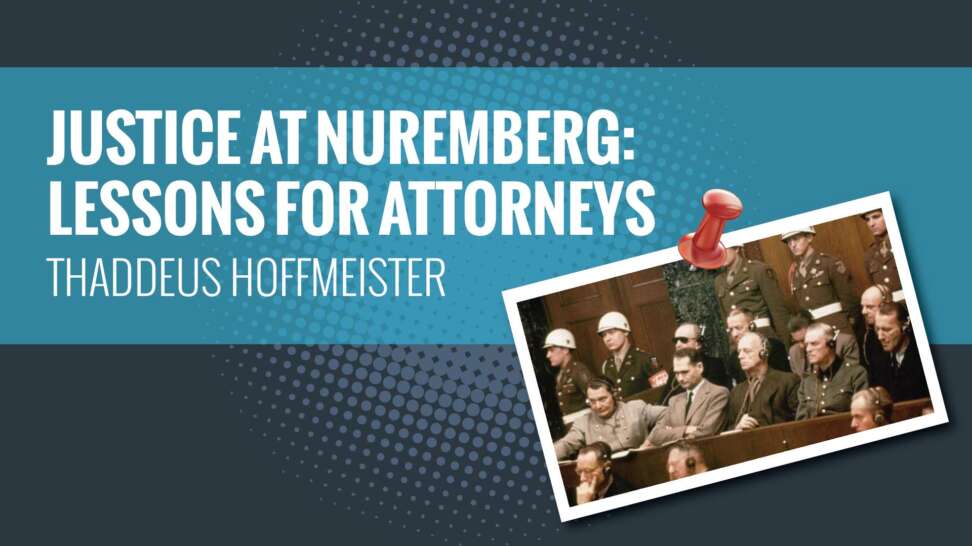As part of the Katrina class, Evan Walker attended law school in New Orleans and began his legal career defending insurance companies against Hurricane Katrina claims. In this CLE, Evan applies his knowledge of insurance law & companies to analyze whether business interruption insurance might provide relief for businesses disrupted by the 2020 global pandemic.
